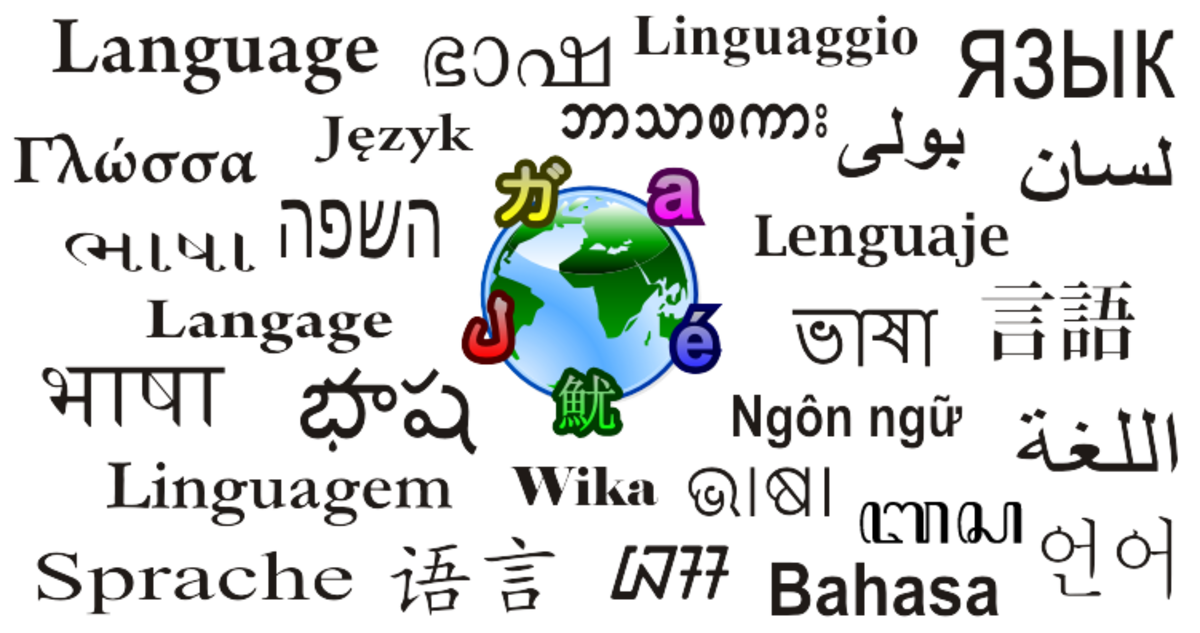

Second Sino-Japanese War, 1937–45, conflict between Japanese and Chinese forces for control of the Chinese mainland. In the spring and summer of 1942, the United States, as an ostensible matter of military necessity, incarcerated vir… Sino-japanese Wars, Sino-Japanese War, Second After the Russo-J… Japanese American Incarceration, JAPANESE AMERICAN INCARCERATION.

There are also many sp… Manchurian Incident, Manchurian Incident or Mukden Incident, 1931, confrontation that gave Japan the impetus to set up a puppet government in Manchuria. Japanese, Japanese (jăp´ənēz´), language of uncertain origin that is spoken by more than 125 million people, most of whom live in Japan. Japanese giant salamander (Andrias japonicus) See CRYPTOBRANCHIDAE. Like al… Japanese giant salamander, Andrias japonicus (Japanese giant salamander) See CRYPTOBRANCHIDAE. Japanese Americans, JAPANESE AMERICANS have contributed significantly to the political strength, economic development, and social diversity of the United States. Post cardo speakee so: one prince-san have big blowout, taksan kimchi, taksan beeru … Cindy-san sisters taksan excited, make Cinderella-san police up clothes. One day Cinderella-san sisters ketchee post cardo from Seoul. Always washee-washee, scrubee-scrubee, make chop-chop. Have you ever heard a light-yellow, lean, sad. Taksan years ago, skoshi Cinderella-san lived in hootchie with sisters, … ketchee no fun, hava-no social life. Eh brah, you going to Aunty’s for suppa I stay working but if can can. Chop is pidgin-English for quick, the Chinese word for the articles being kwai-tsze, meaning the quick ones. It blends elements of Japanese (and to a lesser extent Korean) with army slang, was published by Grant Webster in American Speech (1960), and begins: A humorous text in what was called Korean Bamboo English survives from the Korean War, apparently written by a US soldier. American military involvement in other parts of East Asia later caused much of this pidgin to spread to other countries: for example, in Korea, the Philippines, Thailand, and during the Vietnam War, mamasan (Japanese: matron, especially one in charge of a geisha house, from mama mother, san honorific title) has been used to refer to any bar hostess, and ichiban (most, number one) means ‘the best’. Semantic Enrichment of Nigerian Pidgin English for Contextual Sentiment Classification, in IJCAI 2021 Workshop on AI. A pidgin used after World War II between some Japanese and the US occupation forces. They include: (1) A PIDGIN spoken from the early 20c by Japanese immigrants to Hawaii, and distinct from the other pidgins and creoles used in the islands. An informal term applied, often pejoratively, to several varieties of English associated with JAPAN and the Japanese. The language was also sometimes used as a common language among Chinese speakers of mutually unintelligible dialects. Pidgins that are spoken as first languages become creoles.JAPANESE PIDGIN ENGLISH. The word pidgin is believed to be a modification of the Cantonese pronunciation of the English word business, reflecting the fact that Chinese Pidgin English was principally used for business purposes. Pidgin English is a non-specific name used to refer to any of the many pidgin languages derived from English. A Dictionary of Nigerian Pidgin English: with an introductory survey of the history, linguistics and socio-literary functions Rotimi, Ola on . Formed from numerous languages and influences, Pidgin is a wide term covering a range of regional hybrids, which evolved through historical events such as the. For pigeons of England, see List of pigeon breeds. For the 2007 album, see Pigeon English (album).


 0 kommentar(er)
0 kommentar(er)
